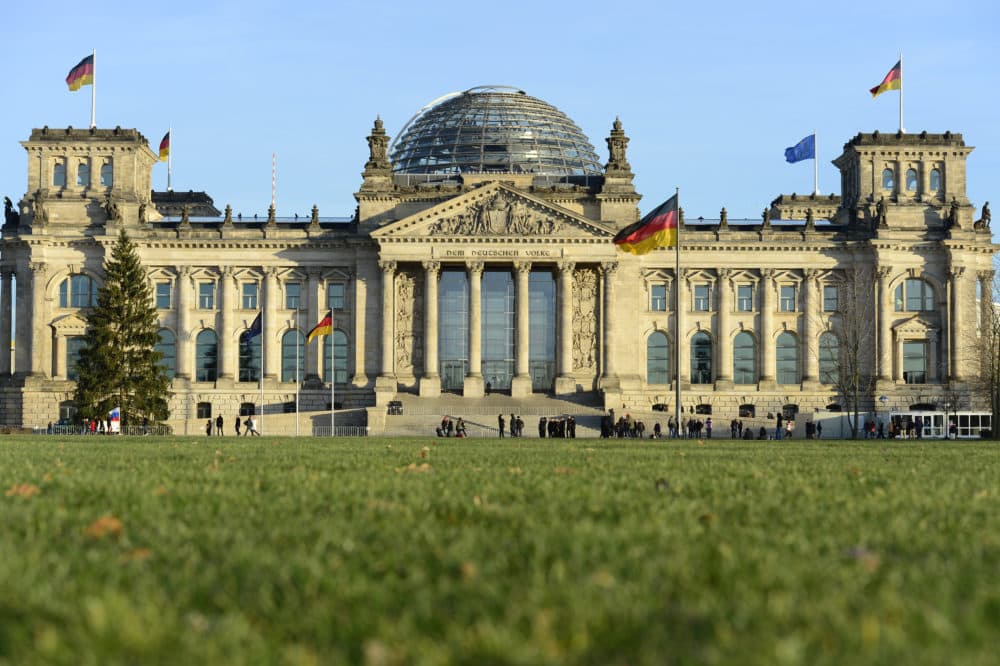Advertisement
German Lawmaker Decries Rise Of The Far-Right
Resume
Germany is struggling to contain the rise of far-right extremist violence.
This week, a member of the far-right AfD party was stripped of his leadership role in Parliament for making anti-Semitic comments.
The move is highlighting concerns over radicalization within the AfD. The party was founded six years ago as a nationalist movement, defined by its opposition to Chancellor Angela Merkel’s refugee policy.
The rise of the AfD has been coupled with a rise in far-right violence. Last month, two people were killed in the eastern city of Halle in an attack on a synagogue. And in June, a regional politician who supported Merkel’s immigration policy was fatally shot by a neo-Nazi.
Late last month, the German government proposed new rules that would restrict gun purchases and force social media companies to remove and report hate speech. But members of the center-left Green Party, which has also risen to prominence at the same time as the AfD, says the proposed domestic terrorism rules don’t go far enough.
“We believe it's far too late, and it's too little. We believe that we have to have stricter regulations still in the social media,” says Franziska Brantner, a member of Parliament with the Green Party. “We also need to have more clarity when it comes to the far-right networks within our own security services.”
The rise of nationalism in Germany has followed that of similar movements globally, including in the U.S., and in the United Kingdom where the Brexit referendum has pushed the country into political crisis. But Brantner says the fundamental difference is that the movement in Germany is fueled by racism.
“I think, to be honest, that the Brexiters in the U.K. are not all racist,” she says. “The far-right in Germany is racist. They're ultra-nationalists, but ... they are racist.”
Brantner says the left must address the socio-economic concerns behind the nationalist movement and also the fear that is driving this culture war.
She says across the globe, there is a fear of becoming a minority.
“There is this fear because everybody remembers how badly the majority treated the minority in the past,” she says. “But it starts, going to the real fears, talking about them and trying on the other side to say, 'This is no excuse for being racist.' ”
Along with growing concerns about climate change, Brantner says more Germans are supporting the Green Party because its leaders are trying to speak to all Germans, not just those on the left.
“We have been putting so much effort in building bridges and going out of the polarization,” she says. “So I also sometimes believe that our good election results are a recompensation for building those bridges.”
Peter O'Dowd produced and edited this interview for broadcast. Samantha Raphelson adapted it for the web.
This segment aired on November 15, 2019.

